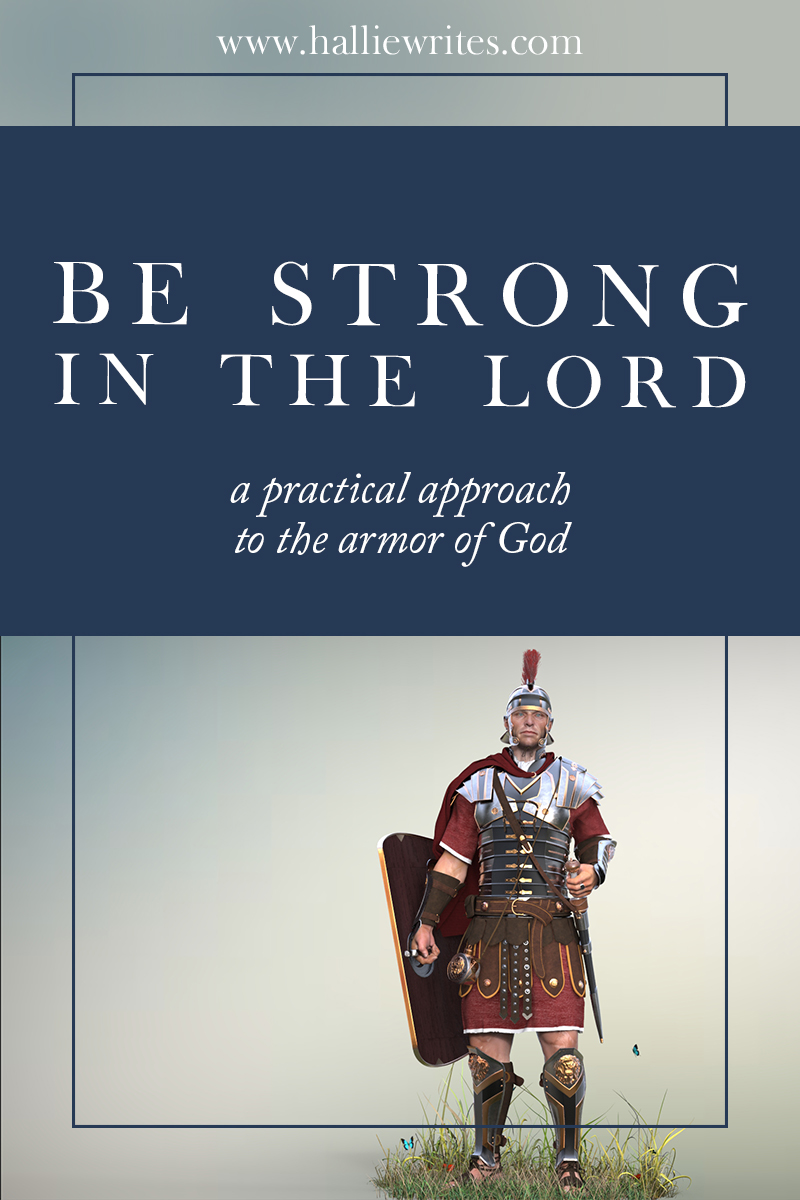Jude 1-7 - a call to vigilance
/We're coming to the end of Bible180 for another year (although now's a great time to start if you haven't yet - you will finish right at the end of 2018, and how exciting it would be to get that whole picture of God's amazing story in the months leading up to Christmas!) and so I am mulling over some of the prescriptive writings of the very end of the New Testament. Jude is always one of my favorites - its two pages in my Bible are heavily annotated in three different colors of ink - and its wisdom seems to become more and more relevant to the daily reality of the Church as our culture continues to shift away from Christian values.
And so this is the first of three short but in-depth studies I will be sharing on the book of Jude, starting with the first seven verses.
A study in Jude, part one
“Jude, a bond-servant of Jesus Christ, and brother of James,
To those who are the called, beloved in God the Father, and kept for Jesus Christ: May mercy and peace and love be multiplied to you.
Beloved, while I was making every effort to write you about our common salvation, I felt the necessity to write to you appealing that you contend earnestly for the faith which was once for all handed down to the saints. For certain persons have crept in unnoticed, those who were long beforehand marked out for this condemnation, ungodly persons who turn the grace of our God into licentiousness and deny our only Master and Lord, Jesus Christ.
Now I desire to remind you, though you know all things once for all, that the Lord, after saving a people out of the land of Egypt, subsequently destroyed those who did not believe. And angels who did not keep their own domain, but abandoned their proper abode, He has kept in eternal bonds under darkness for the judgment of the great day, just as Sodom and Gomorrah and the cities around them, since they in the same way as these indulged in gross immorality and went after strange flesh, are exhibited as an example in undergoing the punishment of eternal fire.”
Our foundational identity
I always begin my study of an epistle by reading it straight through, preferably aloud, sometimes more than once. I think we are used to taking in Scripture in bite-size pieces, but the reality is that these letters are just that - letters, written to a specific group with a specific goal in mind that can't be fully expressed in just a couple of verses. Reading the whole thing is the only way to get an accurate feel for what the author was really trying to get at.
My reading of Jude left me with one highly potent feeling: a sense of urgency.
He names his recipients in the first verse as follows: "The called, beloved in God the Father, and kept for Jesus Christ." Perhaps he could just as easily have said "Christians" or "believers," but there's a purposefulness to his choice of phrasing, as if he wants to remind them right away of who they are. They have been called. They are loved. They are kept.
We have been called. We are loved. We are kept.
A solid rooting in this identity is vital if we are to effectively follow Jude's call to vigilance - and all the hard and ugly stuff that it entails.
Our call to vigilance
But Jude wasn't even planning to write this letter. He had an entirely different one in mind - one "about our common salvation." What might that letter have been like?
But this is the one God put on his heart - an appeal for these brethren, whoever they were, to "contend earnestly for the faith which was once for all handed down to the saints."
God inspired Jude, a bond-servant of Jesus Christ, to urge "the called, beloved, and kept" to struggle for their faith - and not a faith that they themselves thought up, defined, or manufactured, but one that had long preceded them and was faithfully passed down from one disciple to the next. This faith isn't something fluid that flexes with changing times or shifting standards. No, it is a firm and solid thing - a thing worth fighting for, even when the fight is bitter indeed.
And why is the fight necessary? Not because we strive to dissent and divide, but because others do, and idleness and ignorance are both unacceptable responses to this threat. "For certain persons have crept in unnoticed, those who were long beforehand marked out for this condemnation, ungodly persons who turn the grace of our God into licentiousness and deny our only Master and Lord, Jesus Christ."
This should sound familiar. It is the same battle we face today - no, not a battle, a war, and one that is raging more fiercely with every passing year.
There are people coming into our churches who operate under a guise of false righteousness while preaching an "almost-right" brand of grace that is actually nothing short of heresy. They call out "Come as you are!" and then let everyone leave as they came. They preach grace's freedom with no thought for grace's cost.
They deny our Master, Jesus Christ, whose own blood was that cost.
We are called, first, to be vigilant - to notice the lies, because we are so firmly rooted in our identity in the truth - and then, to struggle on behalf of the integrity of our faith in the face of these deceptions.
Our call to remember
And in all this, Jude reminds us: heed history. Remember the high price of deception, disobedience, and heresy.
God saves the believing, but for the rest, there is punishment. This is what makes our vigilance so necessary and so urgent. If we can keep watch over ourselves and our communities, if we can guard the sheepfold from the wolves and thieves, if even one more soul can be protected from deception because we contended earnestly for our faith - then all the struggle and hardship and discomfort of the fight will have been worth it.
I think many Christians and many churches are so keen to avoid the possibility of division that when unsound doctrine enters our sanctuaries, we try to ignore it or "understand" it rather than confront it and kill it. But what we forget is that not all division is bad division: Truth is naturally a dividing line, between what's true and what's false. That is a beautiful and uncomfortable thing. That is the line we're called to defend.
And it's the difference between saving a soul and losing it forever.
We are held safely in the protective hand of Christ. We are called to struggle hard to protect the faith. And we are asked to remember that the stakes are high.
It won't be easy, it won't be comfortable, and it likely won't make us a whole lot of friends. But it will be worth it.
Check back for parts 2 & 3 in the coming weeks!
Meanwhile, you might also like....














